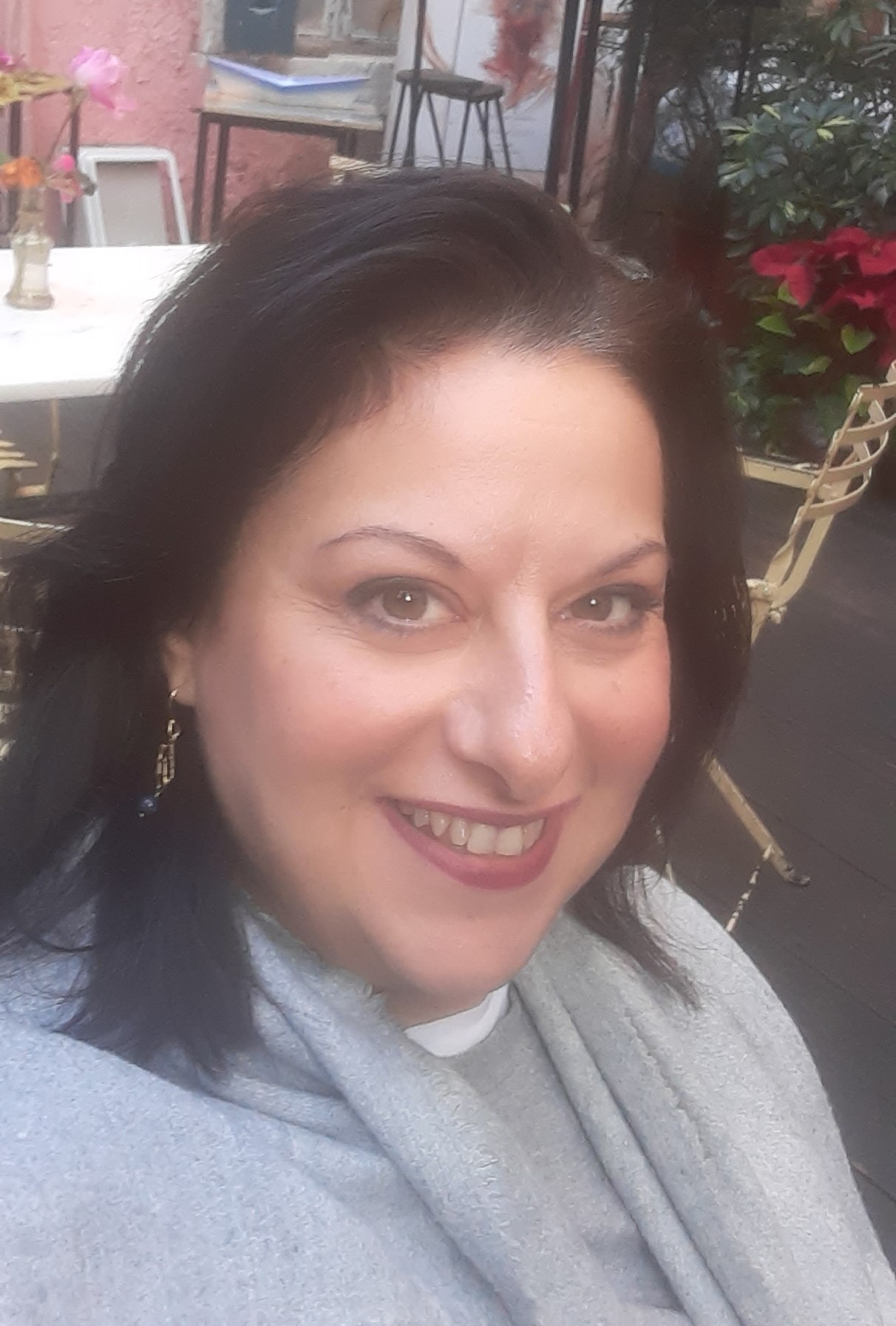Recently I received a student who has sat for a specific B2 level EFL exam four times already. She has failed the exam four times. Nevertheless, she needs to present a certification in order to continue her studies. Moreover, she needs ‘closure’. She has been studying English for more than 10 years; she speaks and understands the language fairly well. She knows that the level of English she speaks is the one that her field of expertise requires in practice. But she is terrible with exams.
When I asked her why she chose this particular certifier, since she clearly has difficulties with the specific exam format, she answered that her previous teacher considered “easy” exams as lesser and she only prepared students for the “difficult” ones as they were the only exams worth taking. The student was very well prepared, she knew all the writing formats required in the exam, she had memorized phrases and grammar rules, but she hasn’t been taught any reading techniques, she can’t recognize word families, she hasn’t been taught sentence structure and she can’t handle stress. She can do the “difficult” stuff but she lacks abilities that seem so “easy” to acquire, like finding the main idea in a text, recognizing vocabulary patterns, understanding that in English, a verb always needs a subject and that she has to focus on her exam and not stress over anything else.
This ranking of “easy” and “difficult” tasks has been haunting me since my early years as a student and I have been thinking about it for many years as a teacher, too. I have been trying to define “difficult” according to my ranking of difficulties. And I have found that “difficult” and “easy” is rather a personal than an objective ranking. Each one of us has his or her own abilities and talents. So, who can define what is objectively easy or difficult?
My field is teaching English to students with Dyslexia and other Learning Differences. I daily witness students prove my standards of “easy” and “difficult” false. I come face to face with students who struggle to read a text, but excel in discussing the same text after they have heard it just once. They struggle to understand grammar rules and stand in awe when they are asked to recognize a verb tense and at the same time they use the exact structures in a role play, with remarkable ease. I witness students failing in tests and exams again and again and yet coming back and doing their best to keep up with their peers. There is nothing “easy” about this.
I face students who are very troubled by such biases. They end up seeing themselves as “second rate”, inadequate and unworthy of celebrating their achievements, even when they manage to pass their exams with flying colours.
Knowledge and learning never end but there are levels in the subjects we teach and assessment is a tool much too helpful to ignore. More importantly, all students must have a SMART goal in their studies. I strongly believe that everybody deserves to be assessed according to their own abilities and needs. I strongly believe that this is the only truly fair way to assess anyone.
There are over 30 ELT certificates in Greece. Hopefully they have all been accredited by the relevant national entity, according to the CEFR for Language standards. This framework helps assess the language ability of a person. That said, in real life we have all seen people who excel in exams but are unable to hold a simple conversation due to their self- awareness, lack of communication skills, or even fear of making a mistake. Taking the risk of quoting parents, I have to mention the cases of students whose certificates (even the “difficult” ones) have not been accepted by the foreign university faculties they applied in. Moreover, employers assess candidates by their own company’s standards and needs, not only in terms of a foreign language. It is soft skills they look for, not degrees and certificates. HR companies have made it very clear and the whole academic community has accepted this new reality. It has been a very long time since we, EL teachers, knew that. Yet we still hide our head in the sand. And continue teaching “exams” rather than teaching communication.
It goes without saying that exams must be objective and just. Students who have tried hard, sometimes harder than their peers, need to know that they are worthy of a certificate. Teachers should be able to provide their students with the opportunity to certify their abilities in an honest and objective but also friendly and inclusive environment. We must stop the biases that rate our students’ entities according to their title, certification or grades.

